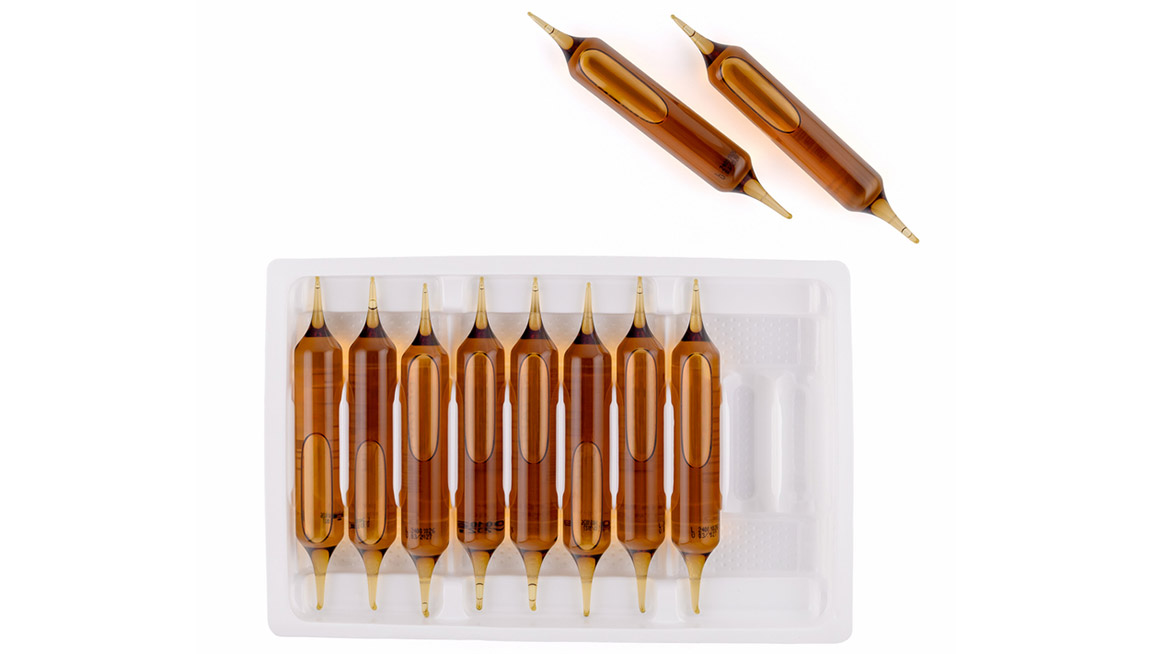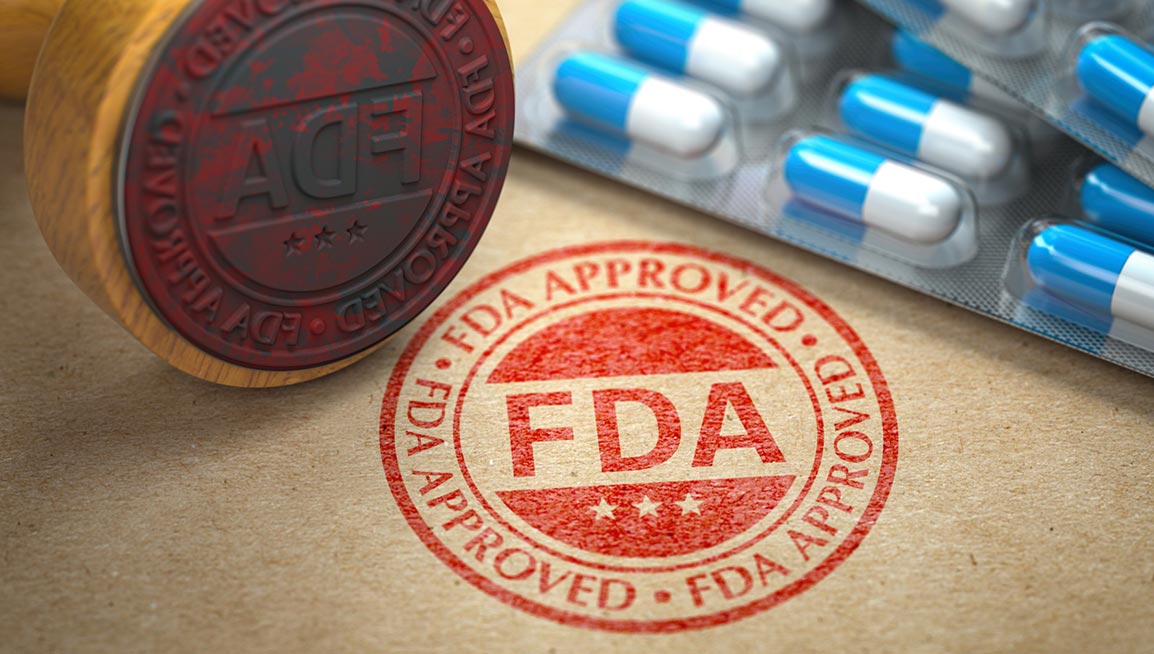The Food and Drug Administration (FDA) is a United States federal agency responsible for protecting public health. It is involved in the regulation and oversight of numerous products, including drugs, medical devices, and dietary supplements.
For any company looking to enter the US market, understanding the role of the FDA, its standards, and its approval process is essential.
This article provides key insights to better understand this institution.
1. What is FDA (Food and Drug Administration)?
The FDA was founded in 1906 under the Pure Food and Drug Act, a law aimed at ensuring the quality and safety of food and drugs.
Over the decades, its role has expanded to cover different categories of products.
- Food and beverages: monitoring their quality and safety.
- Drugs: assessing their effectiveness and risks before approval.
- Medical devices: ensuring their safety and effectiveness.
- Dietary supplements: regulating their manufacturing and labeling.
- Cosmetics: checking for the absence of harmful substances.
- Tobacco: controlling nicotine-based products.
The primary objective of the FDA is to protect consumers from risks associated with non-compliance or hazardous products.
 https://www.sfamgroup.com/wp-content/uploads/2025/04/drug-manufacturing-challenge-pharmaceutical-cdmo.jpg
654
1154
SFAM
https://www.sfamgroup.com/wp-content/uploads/2024/06/logo-sfam.svg
SFAM2025-04-10 09:00:542025-04-10 08:52:05Pharmaceutical CDMOs: key advantages and challenges of pharmaceutical outsourcing
https://www.sfamgroup.com/wp-content/uploads/2025/04/drug-manufacturing-challenge-pharmaceutical-cdmo.jpg
654
1154
SFAM
https://www.sfamgroup.com/wp-content/uploads/2024/06/logo-sfam.svg
SFAM2025-04-10 09:00:542025-04-10 08:52:05Pharmaceutical CDMOs: key advantages and challenges of pharmaceutical outsourcing



